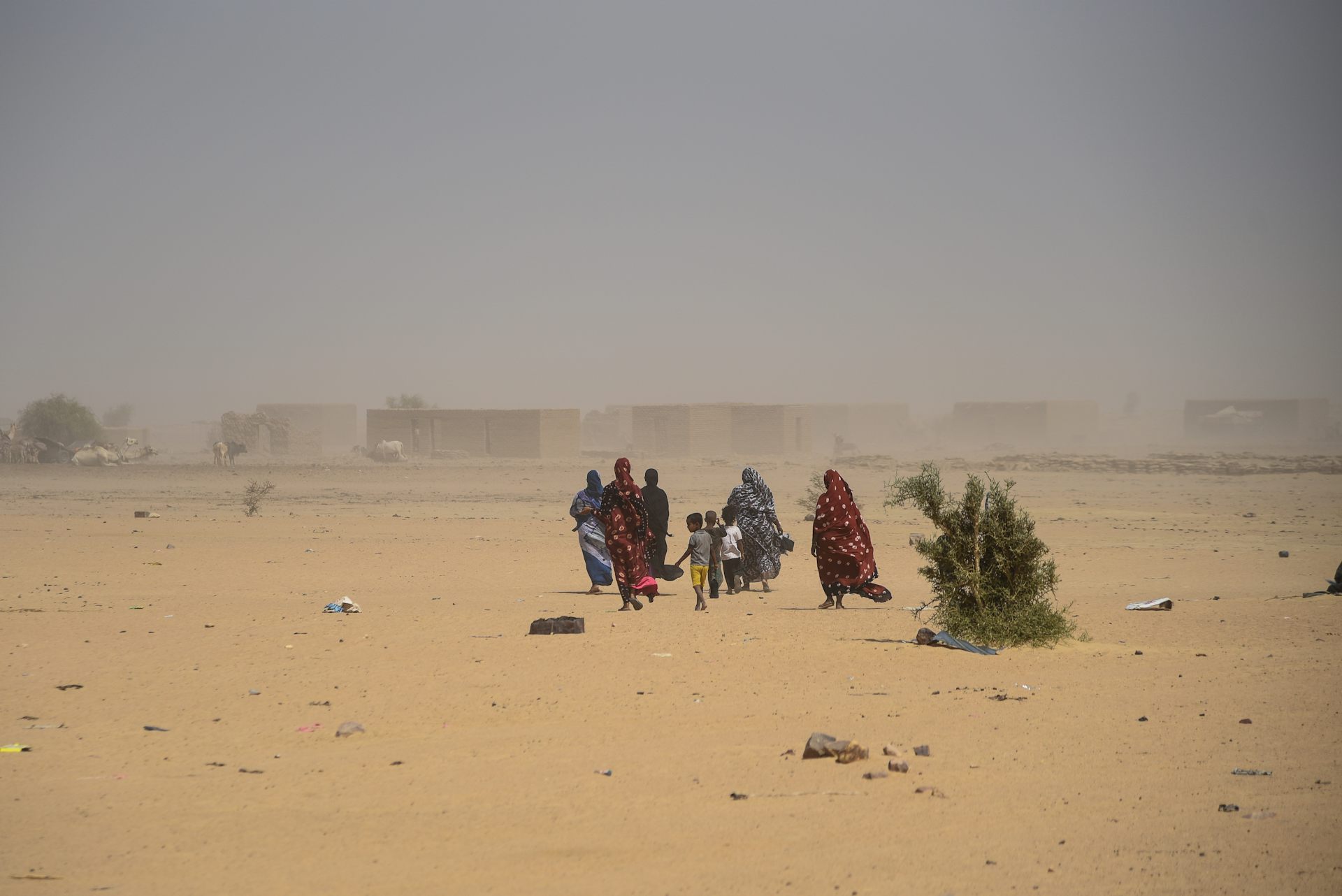
The new African free trade zone came into effect at the end of May 2019. All of the African Union’s (AU) member states are now legally bound to allow African goods to be traded without restraint throughout the continent. But there are some security concerns to be considered.
Entering the African free trade zone requires nations to relinquish an important part of their sovereignty at a time when widespread violence is posing unprecedented challenges to state sovereignty. States are facing opposition from rebel movements, terrorist groups, jihadis, vigilante organisations, transnational criminals, and so on. These groups are known for their mobility. They defy borders and national territorial sovereignty.
Given that some states are being asked to increase their presence in border and remote areas, free trade and free movement of goods and people could become a real cause for concern.
Vast borders
The thousands of kilometres of borders within the continent are theatres of violence. States experiencing armed conflict, among them Libya, Mali, Niger, Nigeria, Burkina Faso, the Central African Republic, Sudan and the Democratic Republic of the Congo (DRC), share thousands of kilometres of borders with other nations.
This explains why conflicts in Mali and the DRC impact the entire region, resulting in millions of displaced people and refugees. The Sahel-Sarahan strip, the Gulf of Guinea, the Great Lakes, and the Horn of Africa are all conflict zones.
Therefore, problems with the movement of goods and people within these zones have less to do with infrastructural issues than with governance, peace and security. Such frontier and remote zones are vulnerable, due to a lack of state presence. They are also used for all kinds of traffic and transit and so remain highly prone to conflict.
These security issues also apply online. As Africa is undergoing digitalisation, investments must be made in security for electronic trade to guard businesses and states against cybercrime.
However, security concerns are mainly physical. Even former hot spots, like Chad and the Gulf of Guinea, are still militarised, plagued by mercenaries, bandits and transnational criminals. Thousands of young people make easy recruits and lands are rich with exportable mining resources. Fragile national armies and low per capita income create conditions ripe for the use of violence for economic and political gains.
Since the beginning of the 2000s terrorism has fed on internal conflicts within states and underlying frustrations linked to the absence of identity recognition for some groups and a lack of redistribution of national wealth. For many nations, the intensification of terrorist activity precludes the opportunities potentially offered by the African free trade zone.
The fight against terrorism has led to the militarisation of vast areas. Terrorist attacks, along with the violence of traditional civil wars associated with conflict between communities, post-electoral and secessionist violence, pose a significant challenge that must be overcome if we are to achieve equality of circulation of goods and people within the African free trade zone.
In a continent rife with competing priorities, the security of people and goods can no longer wait. Integration into the free trade zone must go hand-in-hand with peacekeeping mechanisms for regions at high risk of conflict. Integration must reinforce the power of states.
But is the free trade zone really the best way to achieve all this?
Does trade promote peace?
While we await impact studies in the African free trade zone, we can look to integration on other continents. The European Union, the North American free trade agreement (now replaced by the US-Mexico-Canada Agreement) and the Association of South East Asian Nations have all had a pacifying effect on relations between nation states.
Does trade promote peace? Could achieving the AU’s 2063 Agenda goal of “a peaceful and secure Africa” be facilitated by implementing the free trade zone? Of the 54 states who signed the agreement, no fewer than 20 are directly or indirectly affected by political violence of some sort.
But although they pose challenges to the free trade zone, security problems could be solved by the zone itself. In the face of external interventionist security and developmental approaches, the zone could be seen as a new paradigm for promoting peace in Africa for several reasons.
First of all, the growth of trade between people and nations will generate mutual interests and shared goods. These interdependencies will encourage people to settle disagreements with the help of laws, according to the rules of the market and competition. This will generate perceptions and relations of rivalry, not hostility. The business environment, with its culture of contracts and trade rules, would be unwelcoming to the pillage of natural resources carried out by illicit groups, often aligned with governments.
All of these rules, norms, interdependencies and mutual interests will reinforce the institutions that protect goods and people, on the condition that the future wealth generated benefits local populations.
A holistic approach to security issues is required. Human security involves military, economic, societal and environmental issues. Free trade has always given rise to security challenges, and it would be reckless to ignore this in the context of the largest continental market in the world. But developing Africa via intracontinental trade may turn out to be the path to peace.
Translated from the French by Alice Heathwood for Fast ForWord.![]()
Christian Abadioko Sambou, ATER Sciences politiques, Université de Lille
This article is republished from The Conversation under a Creative Commons license.


